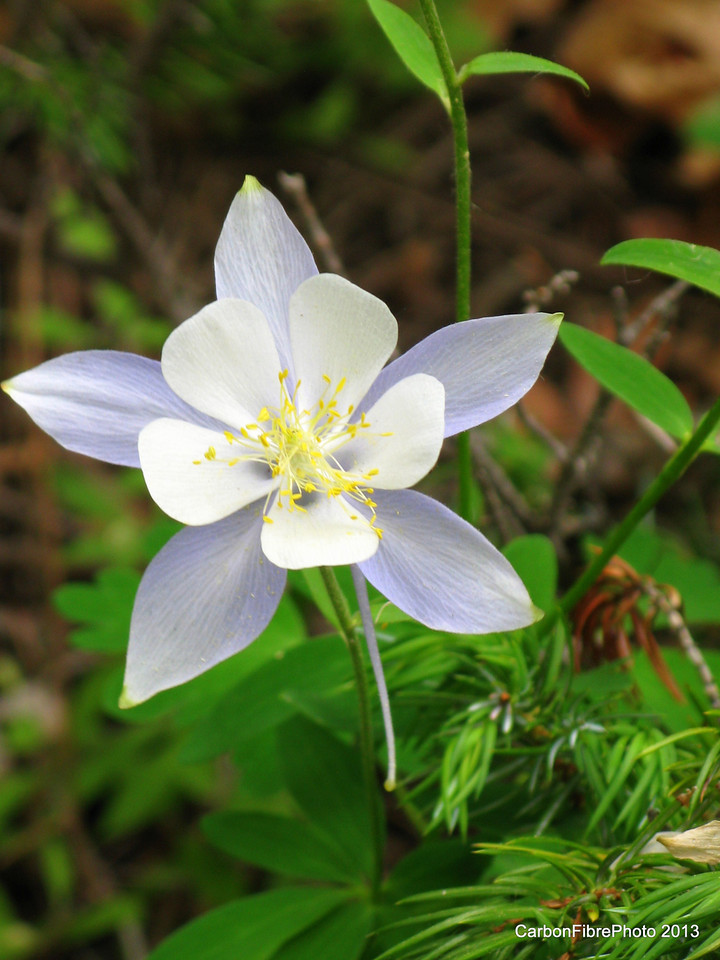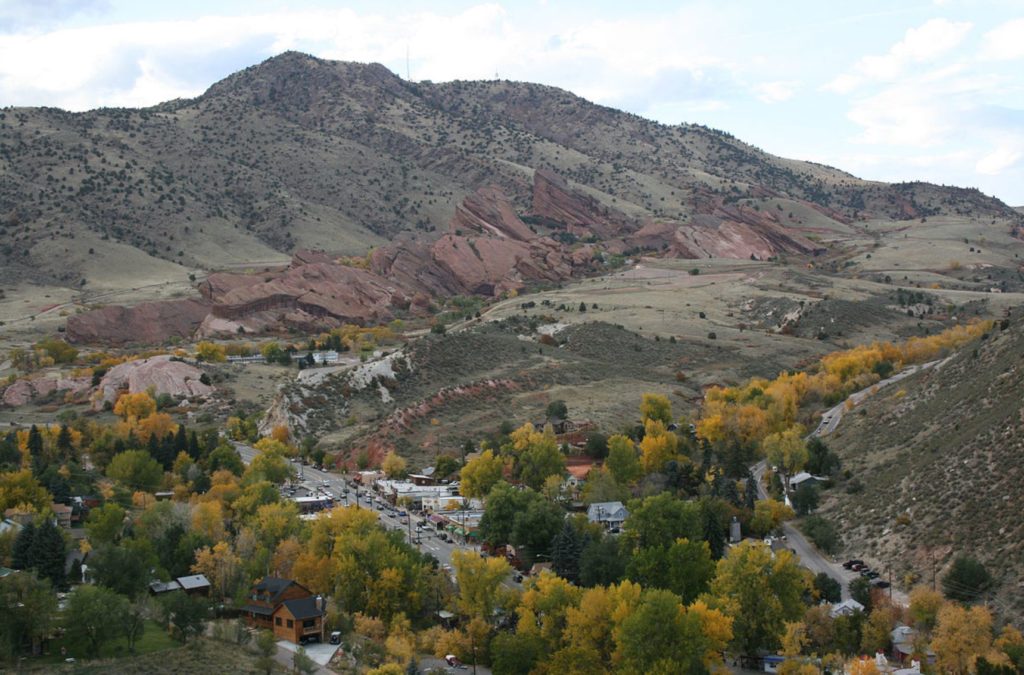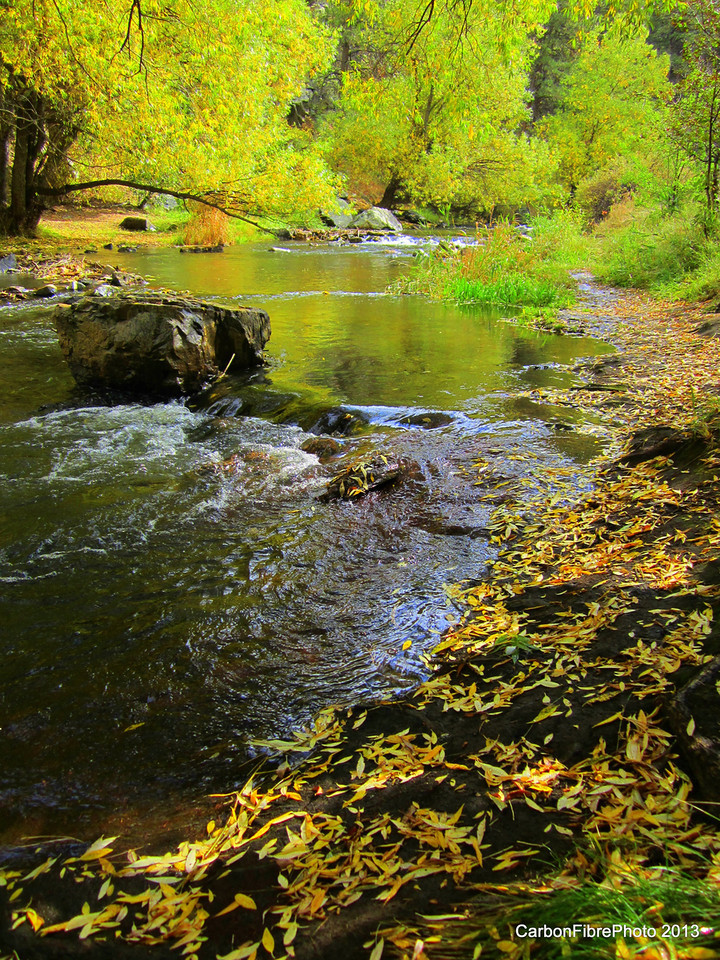What does PLAN Jeffco do?
Advocacy

Citizen Advocacy
PLAN Jeffco works with citizens’ groups and other land advocacy groups, bringing them together to better understand the impact of Open Space on the quality of life for all age groups.
PLAN Jeffco has occasionally served to mediate citizen opposition and dissatisfaction with Open Space policies, most notably at Crown Hill Open Space Park, and Apex Open Space Park, and has been instrumental in the formation of Ad Hoc Committees, which have been highly successful in influencing “best use” policies for Open Space Parks.
Conservation and Preservation
Conservation & Preservation
PLAN Jeffco differentiates between land preservation and land conservation. Land preservation, as advocated by John Muir, founder of the Sierra Club, valued nature for its spiritual and transcendental qualities, and as such, preached a “no change” policy of land management. Gifford Pinchot, first head of the US Forest Service, advocated a utilitarian approach to wilderness management, yet one that did not damage the long-term viability of the forests. PLAN Jeffco aligns itself with the Jeffco Open Space philosophy, which attempts to strike a compromise between these two approaches: Conservation, which allows for human recreation on Open Space lands while maintaining the “wild quality” of our open space parks and preservation, which is needed for some extraordinarily special areas which are kept “off-limits” to the general public.
Education
Education
PLAN Jeffco periodically sponsors workshops or conferences during which topics relevant to open space are investigated and brain-stormed. Reports of findings are then shared with County officials and the Jefferson County Open Space Department. In the past, PLAN Jeffco has delved into subjects such as the impact of open space conservation on the economic health of our county, hosted Master Plan/Park Management Planning workshops, and formed an Ad Hoc Committee, comprised of diverse parties who studied and made recommendations for the North Table Mountain Trail and Management Plan. These recommendations, along with bird and vegetation studies were used as the basis for the North Table Mountain Open Space Management Plan.
History and Tax Initiatives
History & Tax Initiatives
In 1972, PLAN Jeffco members, in a landmark initiative, drafted and successfully campaigned for the Open Space Resolution that established a ½ percent Open Space tax, effectively initiating the beginning of the Jefferson County Open Space Program.
In the early 1970s, PLAN Jeffco helped organize the Colorado Open Lands Foundation, which obtained the funds to purchase Mt. Falcon and the Hiwan Heritage Park for the Open Space Program.
In the late 1980s, PLAN Jeffco secured the Open Space Advisory Committee’s agreement that land acquisition would be the top priority of the Open Space Program, and successfully supported an effort to keep the Lookout Mountain Nature Center as the educational arm of the Open Space Program.
In 1992, PLAN Jeffco formally proposed the conservation of the entire Clear Creek Canyon in Jefferson County, marking the first time a land acquisition was proposed by a non-landowner. In 2012, this led to a Joint Application between Jefferson and Clear Creek Counties for a grant from Great Outdoors Colorado (GOCO) to extend recreational development along the Clear Creek Corridor – a small part of the Peaks to Plains Trail. (move to about – history section?)
In 1998, PLAN Jeffco convinced Jefferson County Commissioners to put a $160 million bond issue for open space land purchases on the ballot; the campaign was a huge success with over 73% voter approval. At this same time PLAN Jeffco partnered with Open Space staff to prepare the Legacy Grant proposal for Great Outdoors Colorado (GOCO) funding, which resulted in a $5 million grant to Open Space for the Clear Creek Corridor.
In the early 2000s, PLAN Jeffco actively participated in the development of the Central Plains Land Use Plan, which designated South Table Mountain for Open Space use; participated in the Rocky Flats Bioblitz, which surveyed plant and animal species present on the land; and conducted a nonscientific Jefferson County trail user survey focusing on conflicts between the various types of trail users.


